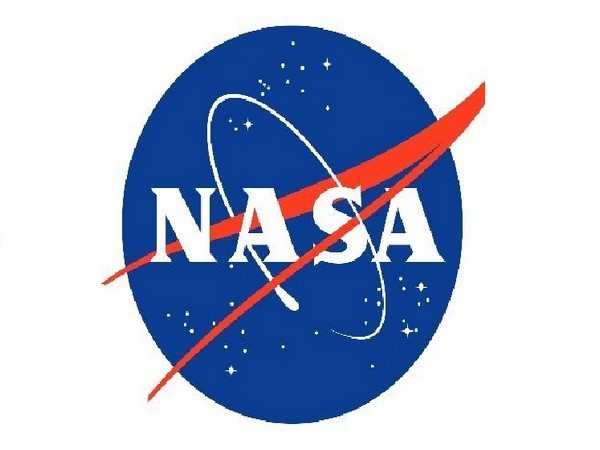Science News Roundup: Israeli firm uses air and water to store solar energy for nighttime; NASA's Webb telescope promises an 'amazing journey' for astronomy and more
The orbiting infrared observatory, designed to be about 100 times more sensitive than its Hubble Space Telescope predecessor, is due to blast off on Dec. 22 on an Ariane 5 rocket from a site in French Guiana on South America's northeastern coast. Vaccines appear weak at blocking Omicron infection; shots may reduce long COVID burden The following is a summary of some recent studies on COVID-19.

Following is a summary of current science news briefs.
Israeli firm uses air and water to store solar energy for nighttime
The southern tip of Israel is a rocky desert where solar panels are abundant and the sun, when shining, is the source of nearly all electricity. Once it sets, however, the grid shifts back to fossil fuels to generate power. Renewable energy from solar and wind-powered systems cannot be stored without extra cost - a major obstacle in the world's efforts to tear itself away from polluting fuels and avoid a climate catastrophe.
NASA's Webb telescope promises an 'amazing journey' for astronomy
It was finished years late at a cost far higher than planned, but NASA's James Webb Space Telescope due for launch next week may usher in a new era in astronomy as it gathers information on the universe's earliest stages, star formation, and whether planets beyond our solar system may be suitable for life. The orbiting infrared observatory, designed to be about 100 times more sensitive than its Hubble Space Telescope predecessor, is due to blast off on Dec. 22 on an Ariane 5 rocket from a site in French Guiana on South America's northeastern coast.
Geologists uncover 'treasure trove' of dinosaur tracks in Poland
Hundreds of dinosaur footprints, so well-preserved that even the scaly skin can be seen, have been found in Poland, giving an insight into a complex ecosystem around 200 million years ago, geologists said. Described by the Polish Geological Institute-National Research Institute as a treasure trove, the fossilised tracks and bones were found in an opencast clay mine in Borkowice, 130 km (80 miles) south of Warsaw.
Vaccines appear weak at blocking Omicron infection; shots may reduce long COVID burden
The following is a summary of some recent studies on COVID-19. They include research that warrants further study to corroborate the findings and that has yet to be certified by peer review. Vaccines appear weak vs Omicron infection, better vs severe disease
U.S. Space Force holds war game to test satellite network under attack
The United States is testing satellite resiliency to threats from China and Russia miles above the earth's surface, just weeks after Russia shot down an aging communications satellite. The computer-aided simulations included potential shooting down of U.S. missile-tracking satellites, satellite jamming, and other electronic warfare "effects" that are possible tactics in space warfare. Actual satellites are not used.
Low staff vaccination tied to nursing home COVID deaths; experimental vaccine targets multiple coronaviruses
The following is a summary of some recent studies on COVID-19. They include research that warrants further study to corroborate the findings and that has yet to be certified by peer review. Staff vaccination rates tied to nursing home COVID-19 deaths
(This story has not been edited by Devdiscourse staff and is auto-generated from a syndicated feed.)
ALSO READ
Trump's Tense Talks: U.S. and Iran on the Edge
U.S. Eases Restrictions for Reselling Venezuelan Oil to Cuba: A Step Towards Alleviating Fuel Crisis
Trade Talks: U.S.-Canada Seek Path to Agreement Amid Rising Tensions
U.S. Treasury's Sanction Squeeze: Unraveling Iran's Shadow Fleet
Fuel Lifeline: U.S. Eases Oil Flow from Venezuela to Cuba










